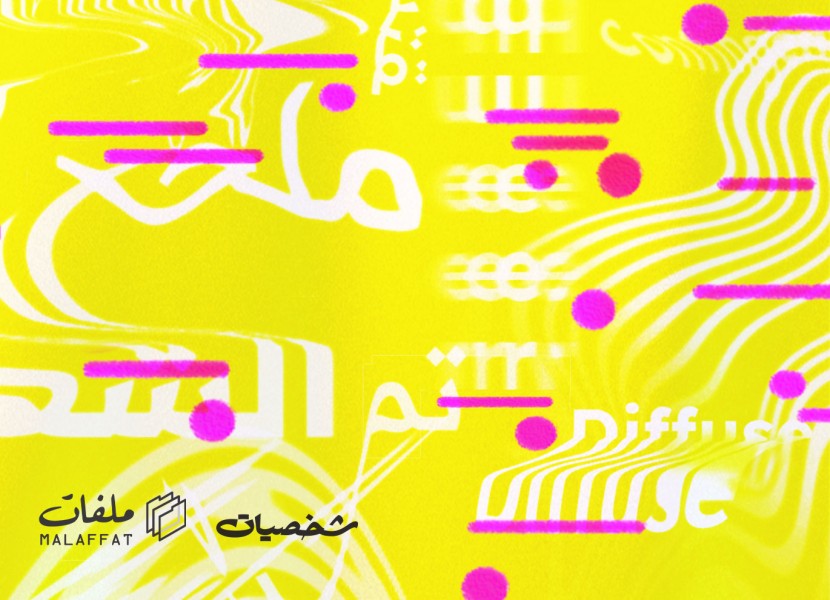
Each essay in this series taps into its writer’s lived experience and shows how cinema is part of it. By putting these realities in proximity, a drawing of the different forms of life that surround, or could surround cinema transpires. This drawing can then guide efforts to reorganize, or organize, the present infrastructure of cinema.
Reman Sadani writes about the labor of amateur archivists, and the discourse of loss and the state of ba’thara (dispersal) which characterize the situation of Iraqi audio visual archives. While, in his interview, Basil Alsubee and veteran filmmaker Hala Alabdalla, speak about the need for poetics, community, intergenerational dialogue. They also discuss moments when groups are intentionally denied the possibility of representation in images, a foundational concern in Iskandar Abdalla’s contribution to this collection which proposes ‘queer viewing’ as a method to combat the absence and loss of the image.
Through Ahmed Tag's interview with Amin Elhelaly, one of the founders of the cine-club in Qoos, Qena, we learn of Amin's efforts to carve out a space for cinema in his hometown despite the lack of funds and resources, and the tactics required to work in a community that is suspicious about what cinema can offer. This last point resonates across to what Faraj Alsileeni writes about. His observations show how on the ground security apparatuses work to limit cultural activities in Libya and what might be possible solutions.
Valentina Villani examines in her essay the distribution and circulation infrastructure through which independent Egyptian films circulate, both internationally and at home, to ask what the future may look like for this kind of cinema. In the spirit of finding new tactics and strategies, Farah Hallaba also writes in her contribution about her attempt to develop a guide for filmmakers who wish to be part of cinematic productions that are accountable to the communities they are part of and represent.
"Malaffat" is a blog that aims to produce and preserve knowledge about films in the Arabic-speaking region. "Malaffat NAAS" series revive the role of archival materials as techniques for preserving, building, and participating in communities. We hope that published pieces will become a space for discussion about different experiences in the field of cinema, such as cinema clubs, independent theaters, and others, especially with regard to what is related to “cinematic zeitgeist,” as Syrian director Nidal Al-Dibs, one of our first guests on this platform, called it. The blog is not a place to display movie readings or reviews, but rather a place to raise questions about the other elements that make cinema a unique cultural and societal institution.


